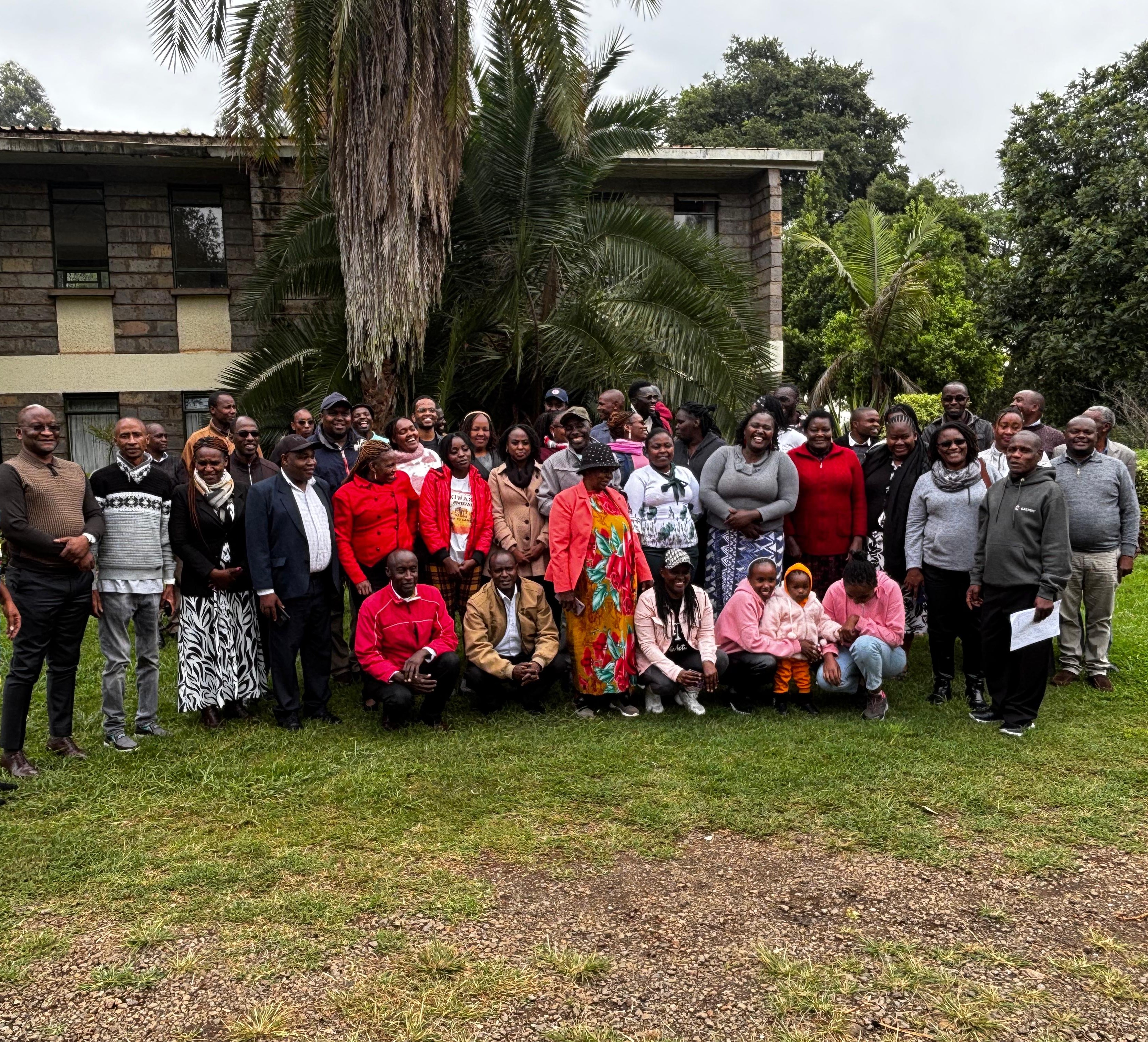

Grassroots leaders in
Kiambu county have been trained on the need for comprehensive education and
advocacy on child nutrition, particularly through creative arts.
Participants included local leaders, the media, policymakers and theatre practitioners.
The training
was organised by the Food, Agriculture and Natural Resources Policy analysis
network (FANRPAN).
FANRPAN director of
policy advocacy and communications Francis Hale said the training focused
on policies that better cater to children's nutrition needs, particularly
through methods of storytelling through a programme dubbed as “Theatre for
Policy Advocacy”.
“A mother to a newborn
might have a clashing opinion with her mother-in-law on how to feed her child
and that's where TPA comes in," he said.
"We are
dismantling the 'them and us' position associated with having scientists and
researchers dictating what should be done within a community. In order to do
that, we understand that some conversations can be easily communicated through
an artistic medium.”
Hale said by
training people from different key sectors such media, local leaders, policy
advocates, they would go back to their communities to raise awareness, spark
dialogue and influence policies that would cater to child nutrition.
“When it comes to
public awareness on good practices in the food and nutrition sector, we
understand it might not always be the first thing on people's minds even though
we eat daily, that is why we need to make it present through all our mediums,
to create a healthier environment for our children to grow in,” he said
According to the Kenya
Demographic and Health Survey of 2022, 28 per cent of Children in Kiambu county
are stunted, wasted, underweight or overweight due to lack of good nutrition.
The survey attributed
this to factors such as not breastfeeding children for the first six months and
unhealthy food consumption such as giving children sweet treats and lack of
education on nutrition.
Judy Wairimu, one of
the trainees, said she was happy to have understood what nutrition means and
why it needs serious attention.
“Sometimes, it's good
to have a dialogue between the old and new generation to see each other's
points of view while also basing our conversations on evidence,” she said.
Kenya is making
strides in addressing malnutrition through the Kenya Nutrition Action Plan
(KNAP) 2023-27, which seeks to tackle the triple burden of malnutrition,
undernutrition, obesity and rising non-communicable diseases while prioritising
maternal and child nutrition, enhancing food systems and building resilience
against climate change's effects on food security.












